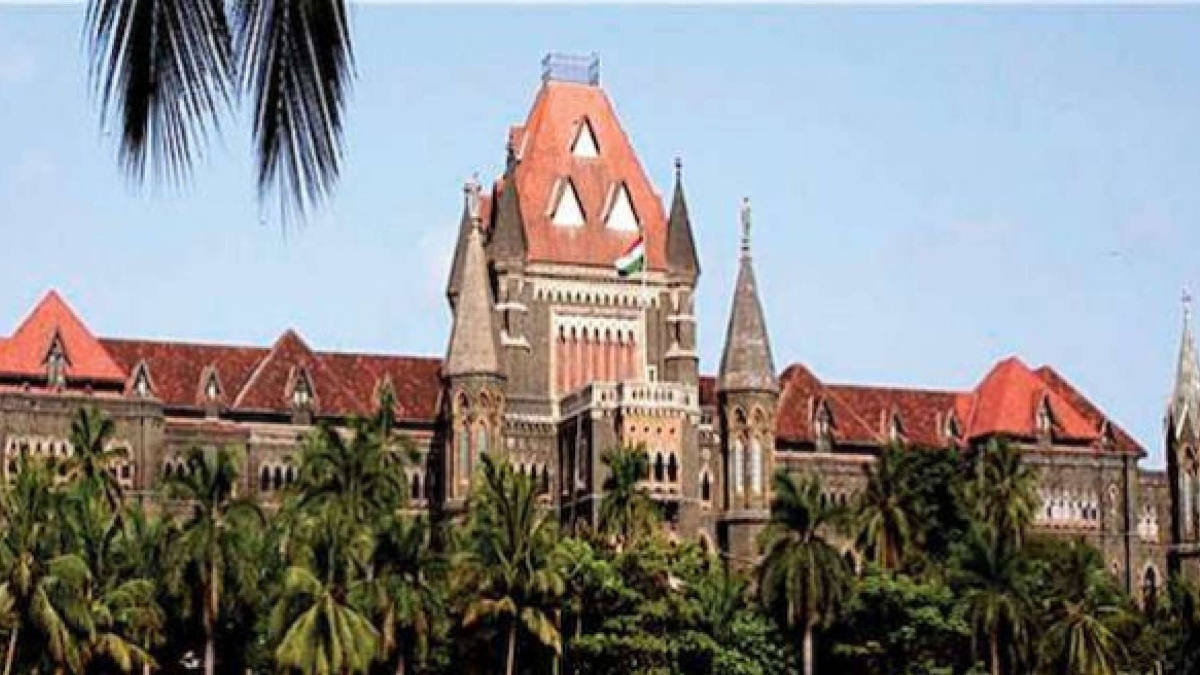The Bombay High Court in the case observed that when it is directed to make payments from a particular fund in a Will, a person cannot be deemed an executor of the Will by implication if they lack the general power to receive and pay from the entire estate of the deceased.
The bench headed by Justice Manish Pitale in the case observed and has stated that even when the person is directed to make certain payments out of a particular fund but not out of the general estate, it cannot be said that such a person has been appointed as an executor by implication. In the present case, the court was dealing with the petition filed by one Dimple Rakesh Doshi wherein seeking Letters of Administration, LoA with Will annexed concerning a Will dated May 29, 2022.
Therefore, the petitioner, niece of the deceased in the Will was named as the sole owner of the movable and immovable property of the deceased.
The instructions have been provided in the Will that the petitioner should distribute the proceeds of the investments of the deceased to certain family members, with the petitioner’s husband assisting her in implementing the Will. Thus, the said direction in the Will to distribute the proceeds led to the Registry to raise an objection.
On the other hand, it has been contended by the Registry that the petitioner should have filed a probate petition instead of seeking LoA as she was appointed as an executor and her husband as co-executor by ‘necessary implication’ as per Section 222(2) of the Indian Succession Act, 1925.
The counsel, Advocate Rubin Vakil appearing or the petitioner argued before the court that the appointment of petitioner’s as an executor could not be implied from the language of the Will.
The court in the case observed and has examined the language of the Will and noted that the Will primarily bequeathed all movable and immovable properties to the petitioner, without explicitly appointing her as an executor. It has also been emphasized by the court that for someone to be considered an executor by necessary implication, they must have the right to receive and pay debts and legacies of the estate.







